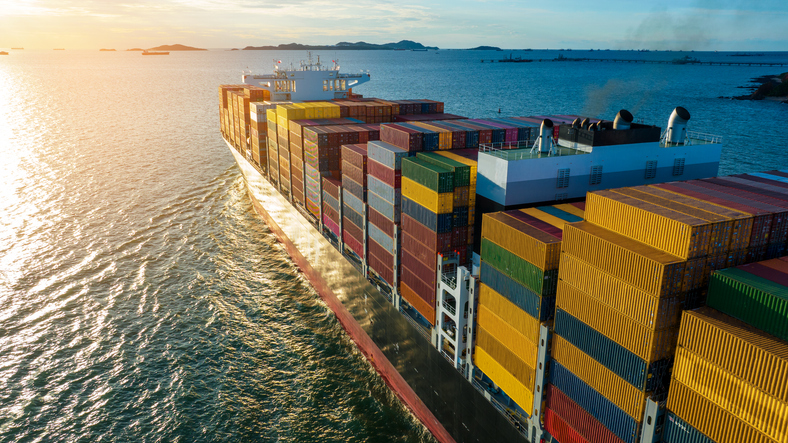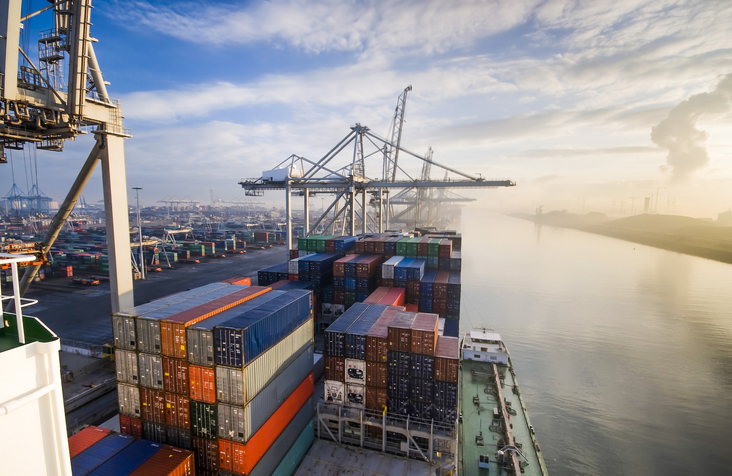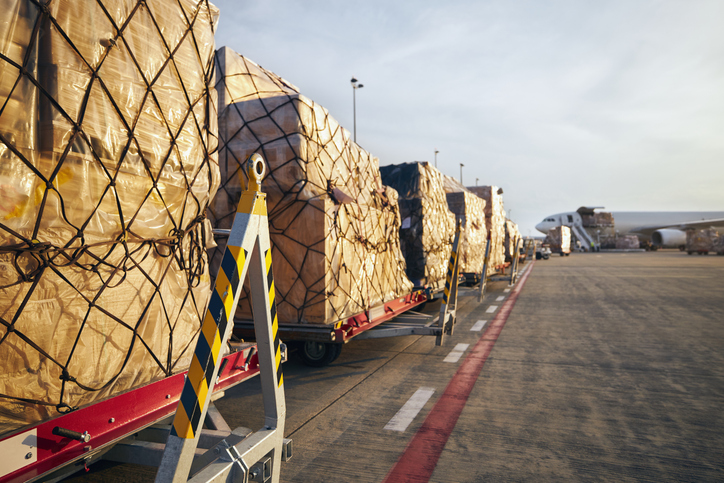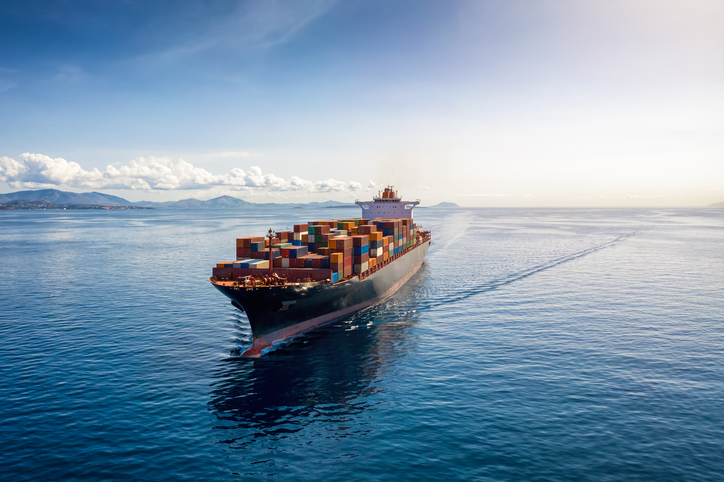
The Weekly Roar
In this week’s Roar: bad news for U.S. port negotiations and Canadian rail workers, global air cargo flies high, U.S. port performance is strong, and the Port of Long Beach is investing in sustainability.
The International Longshoremen’s Association (ILA), the union representing dockworkers on the East Coast and Gulf Coast ports, suspended talks with the United States Maritime Alliance (USMX) over a new labor contract. This comes after they discovered APM Terminals, a subsidiary of Maersk, was using automated technology at terminals—without involving dockworkers. They believe this is in violation of the current contract, which is set to expire in September. This increases the threat of a strike starting in October, affecting major ports, including New York/New Jersey, Savannah, and Houston—about 40% of the nation’s cargo—during peak shipping season.
In Canada, negotiations between the Teamsters Canada Rail Conference (TCRC) and Canadian National Railway (CN) have broken down, increasing the chances of a rail strike. CN offered binding arbitration, but the TCRC rejected it, saying CN is acting in bad faith. The Canadian Industrial Relations Board (CIRB) is considering whether rail service is essential, but if not, a work stoppage is likely.

Global air cargo demand rose by 12% year-on-year in May 2024, making it the fifth consecutive month of double-digit growth. Part of that is due to sky-high e-commerce volumes, particularly from China to North America. But it’s not all good news—growth could be impacted by the U.S. crackdown on e-commerce shipments from China. And issues like port congestion and the conflicts in the Red Sea have narrowed the cost of shipping by ocean or air, which could further impact market conditions.
According to a new report, U.S. port and import performance was strong in May. Container import volumes rose by 6.2% from April and by 11.9% year-over-year. For the most part, growth was driven by increased imports from China, Japan, and Taiwan. But there are some concerns that lingering global supply chain disruptions—conditions at the Panama and Suez Canals, the Middle East conflict, and labor negotiations—could still have an impact this year.
Sustainability in ocean freight is about more than vessels—although they are a major concern. Issues like efficient transloading to reduce delays and emissions and the benefits of on-dock rail systems also come into play. Current efforts at the Port of Long Beach highlight that, as they’re investing in a new rail support facility. Real-time data plays an important role in optimizing logistics and reducing environmental impact. All of this emphasizes the need for better coordination among stakeholders to improve efficiency and sustainability in the supply chain.
For the rest of the week’s top shipping news, check out the article highlights below.









